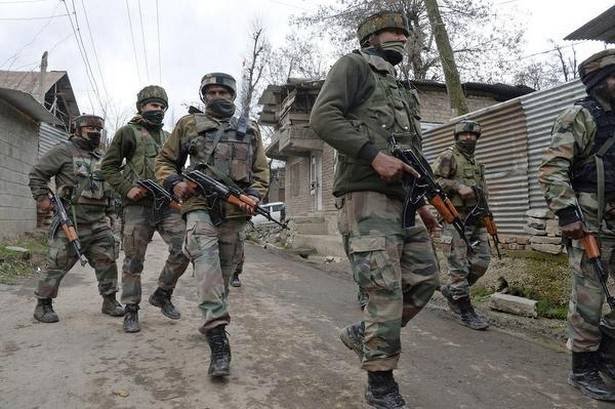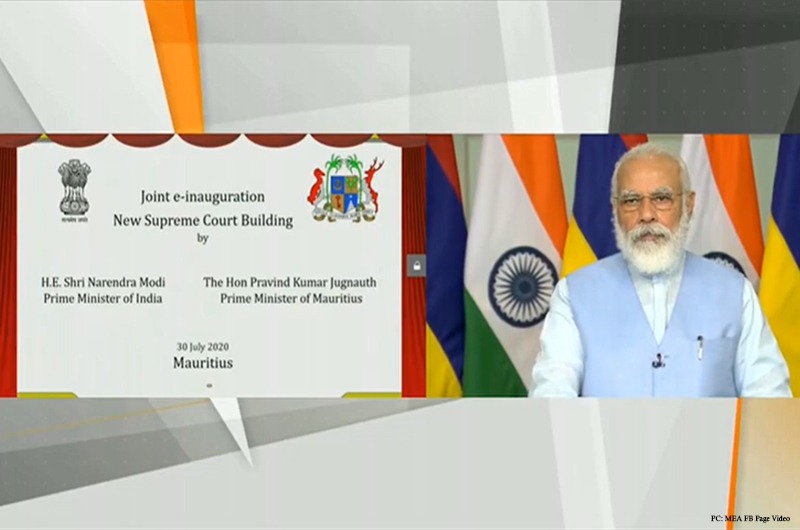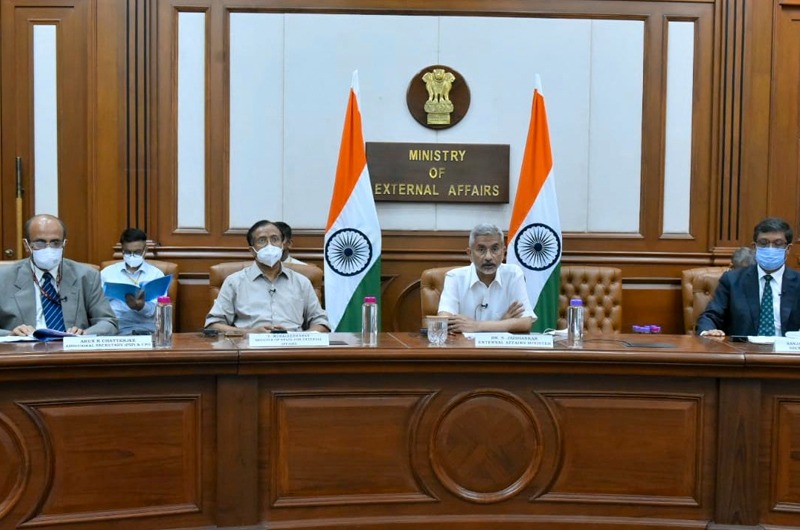New Delhi: The Central government on Monday, April 23 removed the controversial Armed Forces Special Powers Act (AFSPA) after 27 years in Meghalaya and has been scaled down to 8 police stations in Arunachal Pradesh with effect from March 31, 2018.
Till September, 2017, 40% Meghalaya was under AFSPA. According to a senior official of the Ministry of Home Affairs (MHA) the decision to remove the law has been due to significant improvement in security situation in the two states. Insurgency related incidents have come down 85% in two decades in the region.
AFSPA act gives armed forces the power in order to maintain law and peace in the “disturbed areas”. They have the absolute authority to prohibit a gathering of 5 or more people in an area; they can also use force or even open fire after giving warning to a suspected person.
The Act exists in Nagaland, Assam, Manipur (excluding seven assembly constituencies of Imphal) and militancy hit state Jammu and Kashmir. Earlier, it was effective in 20km along the Assam-Meghalaya border.
In 2015, the law was revoked in former Left-bastion Tripura. It also provides protection to security forces from prosecution without the Central government’s approval.
Human rights activists in the northeast have been agitating for withdrawal of AFSPA and even scrapping of the law, a demand that became louder in the wake of the rape-cum-murder of Manipuri woman Thangjam Manorama in 2004 for which the locals blame Assam Rifles personnel.
While the review for Arunachal Pradesh and Nagaland is still handled by the Centre, Assam and Manipur governments have been notifying ‘disturbed’ areas — a prerequisite for imposing the law — on their own since last year.









